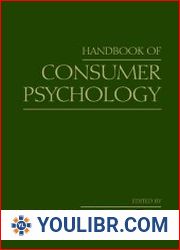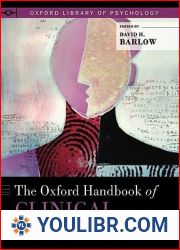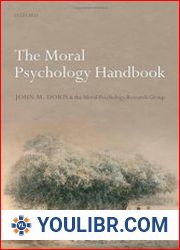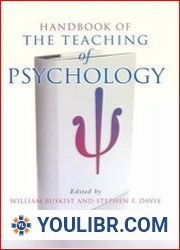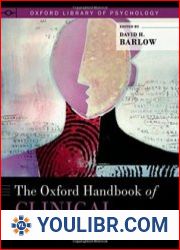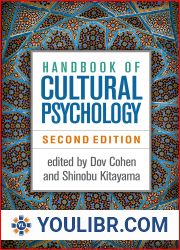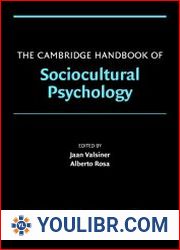
BOOKS - HUMAN AND PSYCHOLOGY - Stevens' Handbook of Experimental Psychology, Sensatio...

Stevens' Handbook of Experimental Psychology, Sensation and Perception
Author: Steven Yantis, Hal Pashler
Year: 2002
Format: PDF
File size: 6 MB
Language: ENG

Year: 2002
Format: PDF
File size: 6 MB
Language: ENG

Steven's Handbook of Experimental Psychology Sensation and Perception is a comprehensive guide that explores the intricacies of sensation and perception, providing readers with a deeper understanding of the psychological processes that underlie our experiences of the world around us. The book delves into the various aspects of sensory processing, from the physiological mechanisms of sensory reception to the higher-order cognitive processes that shape our perceptions. It covers topics such as visual, auditory, and tactile perception, attention and memory, and the role of expectations and past experiences in shaping our perceptions. The handbook begins by discussing the historical development of the field of experimental psychology, highlighting key milestones and discoveries that have contributed to our current understanding of sensation and perception. It then delves into the anatomy and physiology of the sensory systems, explaining how our brains process sensory information and how different stimuli are interpreted and analyzed. The book also examines the various factors that influence our perceptions, including attention, expectation, and past experiences, and how these factors can shape our interpretations of the world around us. One of the most significant strengths of Stevens' Handbook of Experimental Psychology Sensation and Perception is its interdisciplinary approach, drawing on insights from neuroscience, cognitive psychology, and philosophy to provide a holistic understanding of sensation and perception. The text is written in an accessible and engaging style, making it an excellent resource for students, researchers, and anyone interested in exploring the complexities of human perception.
Steven's Handbook of Experimental Psychology Sensation and Perception - это всеобъемлющее руководство, которое исследует тонкости ощущения и восприятия, предоставляя читателям более глубокое понимание психологических процессов, лежащих в основе нашего опыта окружающего мира. Книга углубляется в различные аспекты сенсорной обработки, от физиологических механизмов сенсорного приема до когнитивных процессов высшего порядка, которые формируют наши восприятия. Он охватывает такие темы, как визуальное, слуховое и тактильное восприятие, внимание и память, а также роль ожиданий и прошлого опыта в формировании нашего восприятия. Справочник начинается с обсуждения исторического развития области экспериментальной психологии, выделяя ключевые вехи и открытия, которые внесли свой вклад в наше текущее понимание ощущения и восприятия. Затем он углубляется в анатомию и физиологию сенсорных систем, объясняя, как наш мозг обрабатывает сенсорную информацию и как различные стимулы интерпретируются и анализируются. В книге также рассматриваются различные факторы, которые влияют на наше восприятие, включая внимание, ожидание и прошлый опыт, и то, как эти факторы могут формировать наши интерпретации окружающего мира. Одной из наиболее значительных сильных сторон «Handbook of Experimental Psychology Sensation and Perception» Стивенса является его междисциплинарный подход, основанный на понимании нейробиологии, когнитивной психологии и философии, чтобы обеспечить целостное понимание ощущения и восприятия. Текст написан в доступном и увлекательном стиле, что делает его отличным ресурсом для студентов, исследователей и всех, кто заинтересован в изучении сложностей человеческого восприятия.
Steven's Handbook of Experiencial Psicology Sensation and Percection è un manuale completo che esplora le finezze della sensazione e della percezione, fornendo ai lettori una migliore comprensione dei processi psicologici alla base della nostra esperienza nel mondo circostante. Il libro si approfondisce in diversi aspetti della elaborazione sensoriale, dai meccanismi fisiologici dell'assunzione sensoriale ai processi cognitivi di ordine superiore che formano le nostre percezioni. Include temi quali la percezione visiva, uditiva e tattile, l'attenzione e la memoria, e il ruolo delle aspettative e delle esperienze passate nella formazione della nostra percezione. Il manuale inizia con un dibattito sull'evoluzione storica del campo della psicologia sperimentale, evidenziando le principali fasi cardine e scoperte che hanno contribuito alla nostra attuale comprensione della sensazione e percezione. Poi si approfondisce nell'anatomia e nella fisiologia dei sistemi sensoriali, spiegando come il nostro cervello elabora le informazioni sensoriali e come i vari stimoli vengono interpretati e analizzati. Il libro affronta anche diversi fattori che influenzano la nostra percezione, tra cui l'attenzione, l'attesa e l'esperienza passata, e come questi fattori possono formare le nostre interpretazioni del mondo circostante. Uno dei punti di forza più significativi dì Handbook of Experimental Psicology Sensation and Percection "di Stevens è il suo approccio interdisciplinare, basato sulla comprensione delle neuroscienze, della psicologia cognitiva e della filosofia, per fornire una comprensione olistica della sensazione e della percezione. Il testo è scritto in uno stile accessibile e affascinante, che lo rende un'ottima risorsa per studenti, ricercatori e tutti coloro che sono interessati a studiare le complessità della percezione umana.
Steven's Handbook of Experimental Psychology Sensation and Perception ist ein umfassendes Handbuch, das die Feinheiten der Empfindung und Wahrnehmung untersucht und den sern ein tieferes Verständnis der psychologischen Prozesse vermittelt, die unserer Erfahrung der umgebenden Welt zugrunde liegen. Das Buch befasst sich mit verschiedenen Aspekten der sensorischen Verarbeitung, von den physiologischen Mechanismen der sensorischen Rezeption bis hin zu kognitiven Prozessen höherer Ordnung, die unsere Wahrnehmungen prägen. Es umfasst Themen wie visuelle, auditive und taktile Wahrnehmung, Aufmerksamkeit und Gedächtnis sowie die Rolle von Erwartungen und vergangenen Erfahrungen bei der Gestaltung unserer Wahrnehmung. Das Handbuch beginnt mit einer Diskussion der historischen Entwicklung des Bereichs der experimentellen Psychologie und hebt die wichtigsten Meilensteine und Entdeckungen hervor, die zu unserem gegenwärtigen Verständnis von Empfindung und Wahrnehmung beigetragen haben. Es geht dann tiefer in die Anatomie und Physiologie von sensorischen Systemen und erklärt, wie unser Gehirn sensorische Informationen verarbeitet und wie verschiedene Reize interpretiert und analysiert werden. Das Buch untersucht auch die verschiedenen Faktoren, die unsere Wahrnehmung beeinflussen, einschließlich Aufmerksamkeit, Erwartung und vergangene Erfahrungen, und wie diese Faktoren unsere Interpretationen der Welt um uns herum prägen können. Eine der wichtigsten Stärken von Stevens „Handbook of Experimental Psychology Sensation and Perception“ ist sein interdisziplinärer Ansatz, der auf dem Verständnis von Neurowissenschaften, kognitiver Psychologie und Philosophie basiert, um ein ganzheitliches Verständnis von Empfindung und Wahrnehmung zu ermöglichen. Der Text ist in einem zugänglichen und faszinierenden Stil geschrieben, was ihn zu einer großartigen Ressource für Studenten, Forscher und jeden macht, der daran interessiert ist, die Komplexität der menschlichen Wahrnehmung zu untersuchen.
''







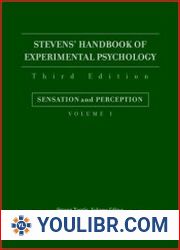


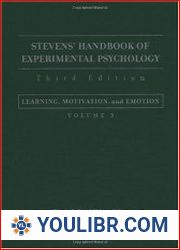
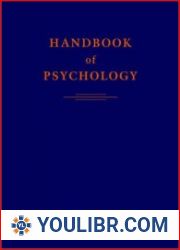

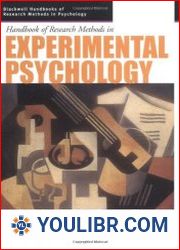


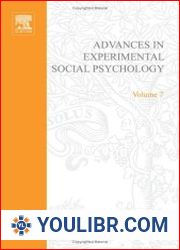
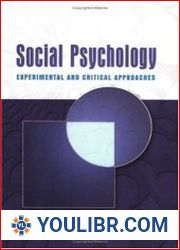
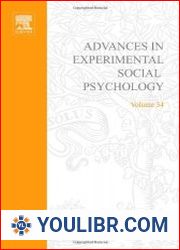

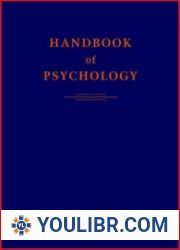


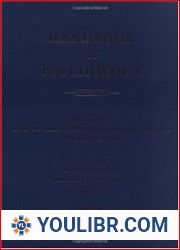


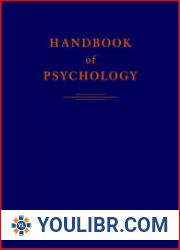
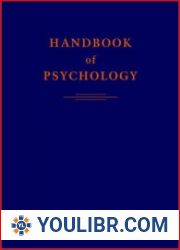
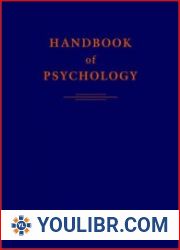
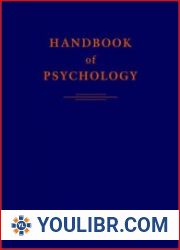
![The Collected Poems of Wallace Stevens by Stevens, Wallace unknown Edition [Paperback(1990)] The Collected Poems of Wallace Stevens by Stevens, Wallace unknown Edition [Paperback(1990)]](https://youlibr.com/img/5/500262_oc.jpg)

